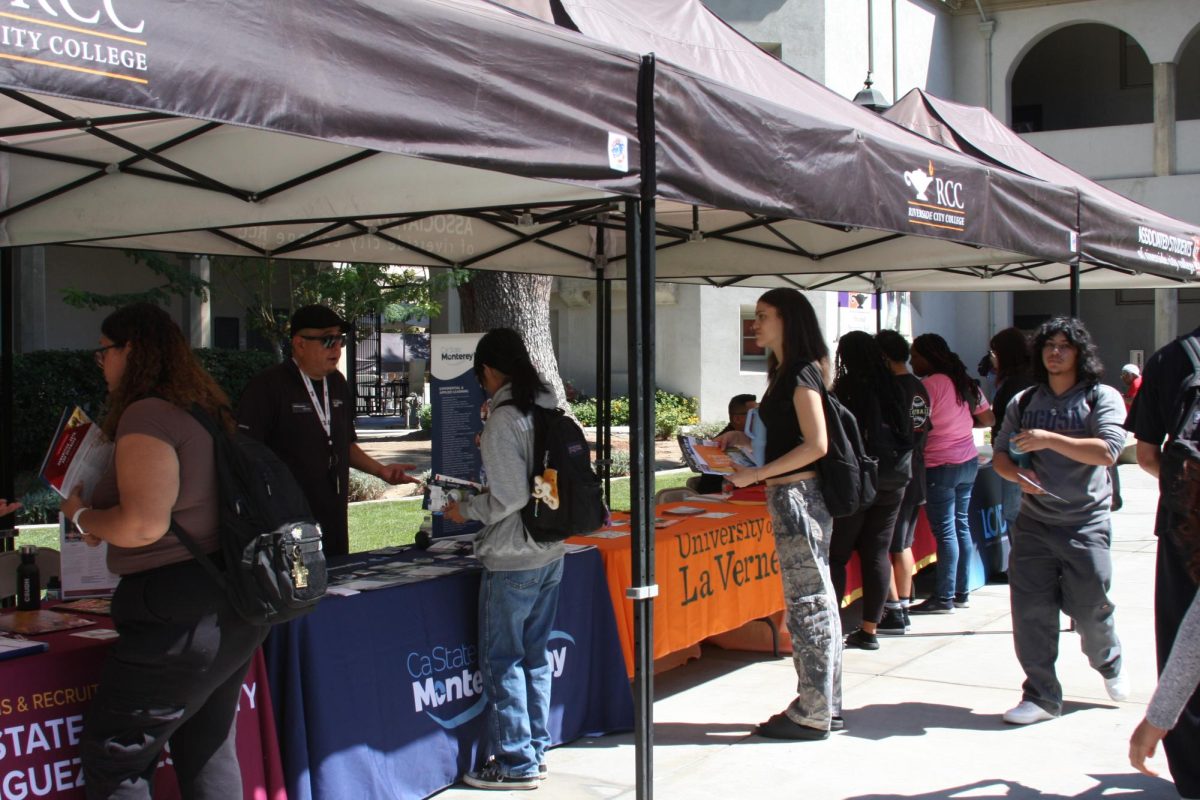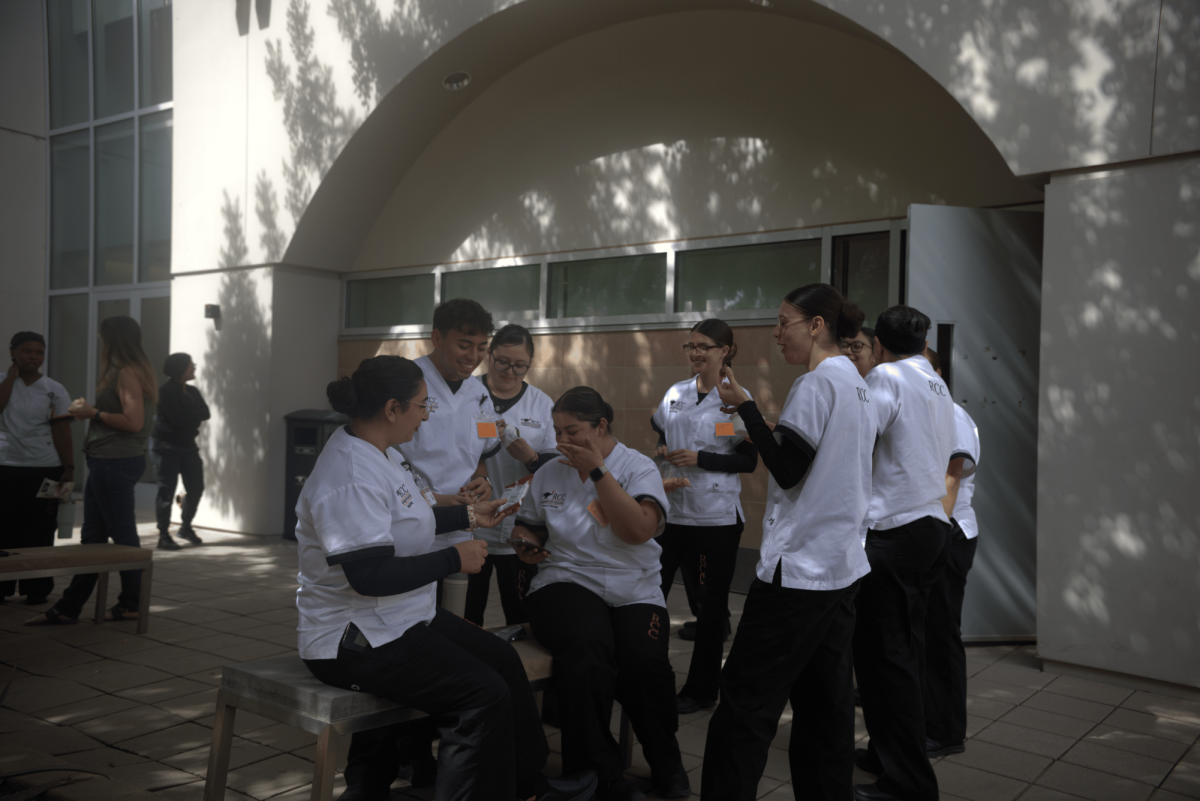by Lynda Giusti-Parra
Donald Trump’s executive order banning travel to the United States from seven countries has left some at Riverside City College concerned about the impact it could have on students on campus.
The president issued the executive order Jan. 27 which placed a temporary travel ban on Syria, Libya, Somalia, Iraq, Iran, Sudan and Yemen.
The order has since been placed on hold and is under review by the ninth circuit Court of Appeals. The case went to court Feb. 7, but no ruling has been made.
Carey Jones, an RCC student, expressed disappointment in how the executive order makes the country look to those who want to immigrate to the United States.
“I think it’s sad that we’re refusing people who are in need of our help,” Jones said. “We have a big, beautiful statue in New York that’s supposed to be welcoming people and that’s not happening.”
Michael Haley, an assistant dean at RCC who has been helping to orchestrate RCC’s International Students and Programs department, said the school’s current international students have nothing to worry about and RCC is welcoming to students from other cultures.
“Our current international students and their visas are in good standing,” Haley said. “If they’re traveling out of the country, they should be allowed to come back to the U.S. with no problem.”
The argument in favor of the ban is backed by the provision that Congress added in 1952, according to an article in the LA Times.
“The president ‘may by proclamation and for such period as he shall deem necessary, suspend the entry of all aliens and any class of aliens as immigrants or nonimmigrants’ whenever he thinks it ‘would be detrimental to the interests of the United States.’”
Everett Long, an applied digital media adjunct instructor at RCC empathized with the executive order explaining what they felt was the purpose of it.
“For 90 days our government is just trying to figure if all of the foreign travel policies will keep our nation safe,” Long said.













